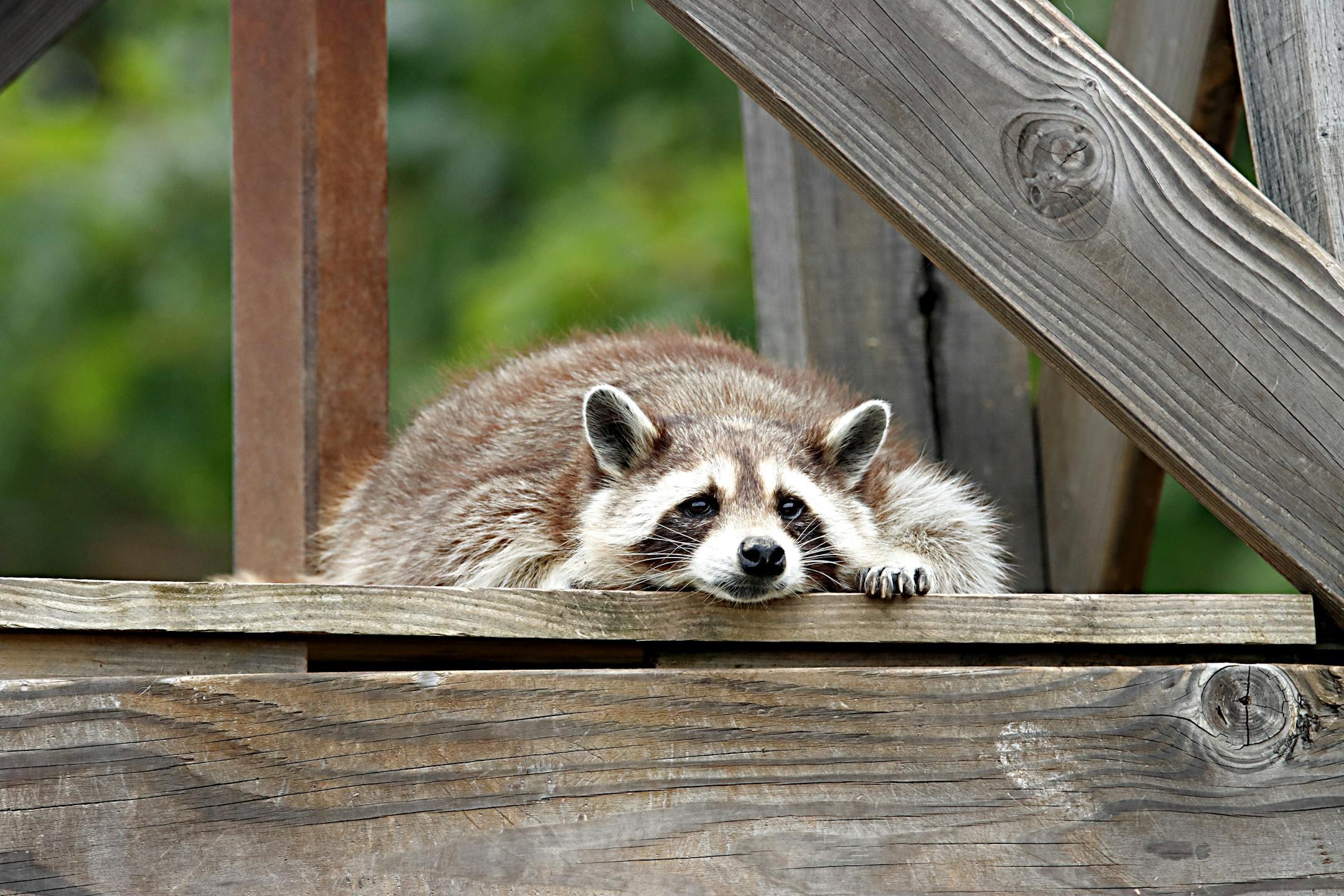
When it comes to clever critters, raccoons (Procyon lotor) are in a league of their own. With their masked faces and nimble paws, they’ve earned a reputation as mischievous “trash pandas”—but behind the antics lies a brain that’s been compared to monkeys, dogs, and even toddlers. So just how smart are raccoons? Let’s take a deep dive into the science and the stories.
Puzzle Masters of the Animal Kingdom
Raccoons have been studied for over a century, and early research showed they could solve complex puzzles and unlock latches in fewer than 10 tries—a skill they remembered years later. In modern studies, raccoons have:
They’re not just smart—they’re strategic.
Memory Like a Steel Trap
One of the most impressive raccoon traits is their long-term memory. Studies show they can remember solutions to tasks for at least three years. That means if a raccoon once figured out how to open your trash can, it probably still knows how—even if you’ve changed the lid.
Urban Survivalists
Raccoons thrive in cities like Indianapolis because they’re highly adaptable. They’ve learned to:
In fact, urban raccoons are often more cognitively flexible than their rural cousins.
Paws with a Purpose
Raccoons’ front paws are packed with over 75% of the sensory receptors found in their entire body. They can “see” with their hands, especially in the dark or underwater. Their paws are so dexterous, they can:
Raccoon IQ: Where Do They Rank?
On the mammal IQ scale, raccoons rank just below monkeys and above cats and dogs. Their intelligence is so notable that early researchers stopped using them in lab studies—they were too clever, too curious, and too good at escaping.
Communication & Social Smarts
Raccoons can make over 50 different vocalizations, including purrs, growls, hisses, and chirps. They also use body language and scent marking to communicate with one another—especially during mating season or when defending territory.
What Makes Them So Smart?
Final Thoughts: Genius or Just Trouble?
Maybe both. Raccoons are curious, persistent, and incredibly resourceful. Their intelligence is part of what makes them such challenging houseguests—and such fascinating neighbors.
Next time you see one tiptoeing across your fence line, just remember: you’re looking at one of Indiana’s smartest wild residents.